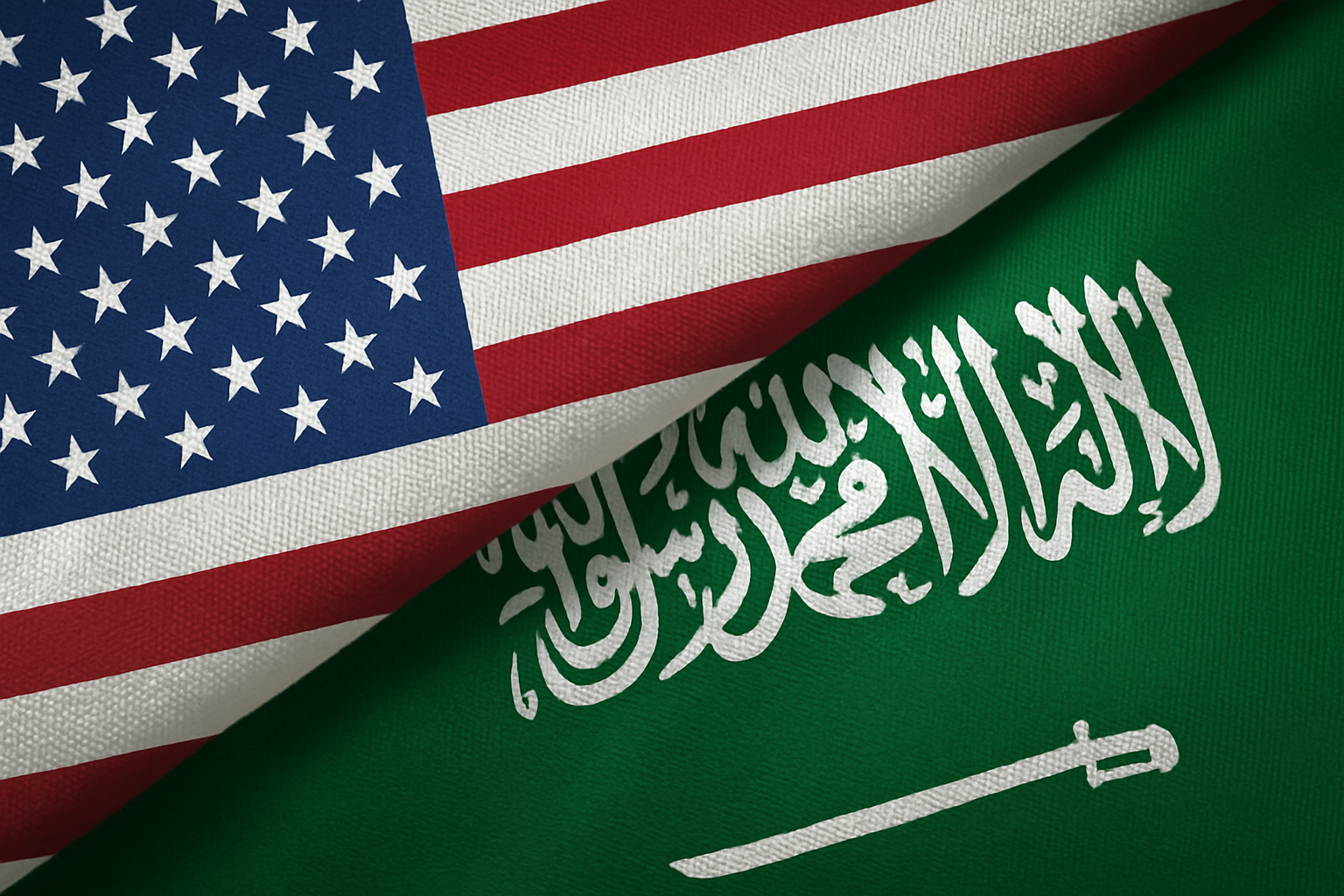Already a subscriber? Make sure to log into your account before viewing this content. You can access your account by hitting the “login” button on the top right corner. Still unable to see the content after signing in? Make sure your card on file is up-to-date.
The State Department has given the green light to a $3.5 billion arms deal that would supply Saudi Arabia with advanced military equipment.
Some shit you should know before you read: If you’re unaware, Saudi Arabia is one of the biggest buyers of US military equipment in the world, with an arsenal that includes F-15 fighter jets, Patriot missile defense systems, Apache helicopters, and precision-guided munitions. Despite this, arms deals with Saudi Arabia have faced growing scrutiny in recent years, particularly after the 2018 assassination of journalist Jamal Khashoggi, which US intelligence concluded was ordered by Crown Prince Mohammed bin Salman. In response, bipartisan outrage in Congress led to temporary freezes and heightened oversight on future weapons sales. Under President Biden, the relationship was initially strained, with his administration pausing the sale of offensive weapons to pressure Riyadh over its role in the Yemen conflict and human rights abuses. Although Biden later eased some restrictions, his administration maintained a more cautious and transactional approach to arms deals with the Saudis compared to the Trump administration.

What’s going on now: Last week, the State Department approved a $3.5 billion arms deal to sell 1,000 AIM-120C-8 Advanced Medium-Range Air-to-Air Missiles (AMRAAMs) and 50 AMRAAM guidance sections to Saudi Arabia, along with missile containers, support equipment, spare parts, and logistics services. These missiles, manufactured by RTX Corporation (Raytheon), are designed to equip fighter jets like the F-15, which is a key component of Saudi Arabia’s air force. The sale will still need congressional approval, which is anticipated to pass.
According to the US Defense Security Cooperation Agency (DSCA), the sale is intended to “support the foreign policy goals and national security objectives of the United States by improving the security of a partner country that contributes to political stability and economic progress in the Gulf Region.”
The deal’s approval comes ahead of President Trump’s scheduled visit to Saudi Arabia later this month, his first major international trip since announcing his second presidential campaign. Trump’s previous administration championed arms sales to Gulf allies as central to US job creation and regional deterrence, and this sale mirrors that approach.
Digging Deeper: The US has made it clear it’s seeking to strengthen various alliances in the Gulf amid growing concerns over Iran’s regional activities and China’s rising influence. Specifically related to China, Beijing has been actively courting Saudi Arabia and other Gulf states with strategic partnerships and economic incentives. In December 2022, China and Saudi Arabia signed a series of agreements during President Xi Jinping’s visit to Riyadh, including discussions around settling oil trade in yuan rather than the US dollar—a move that challenges the dominance of the petrodollar system that has underpinned global energy markets since the 1970s. While no large-scale shift has occurred, the prospect of yuan-based oil sales was viewed by some as China’s first major attempt to significantly undermine US financial primacy in global trade.







